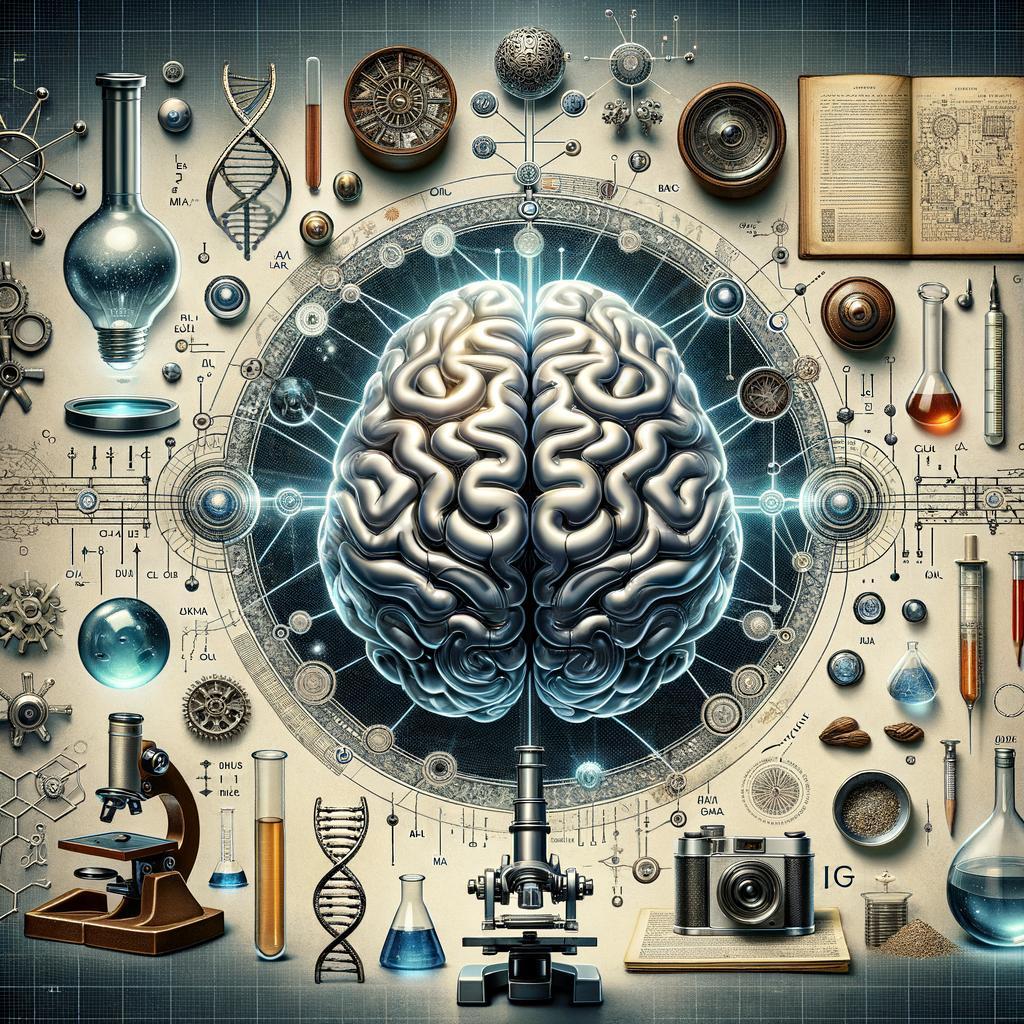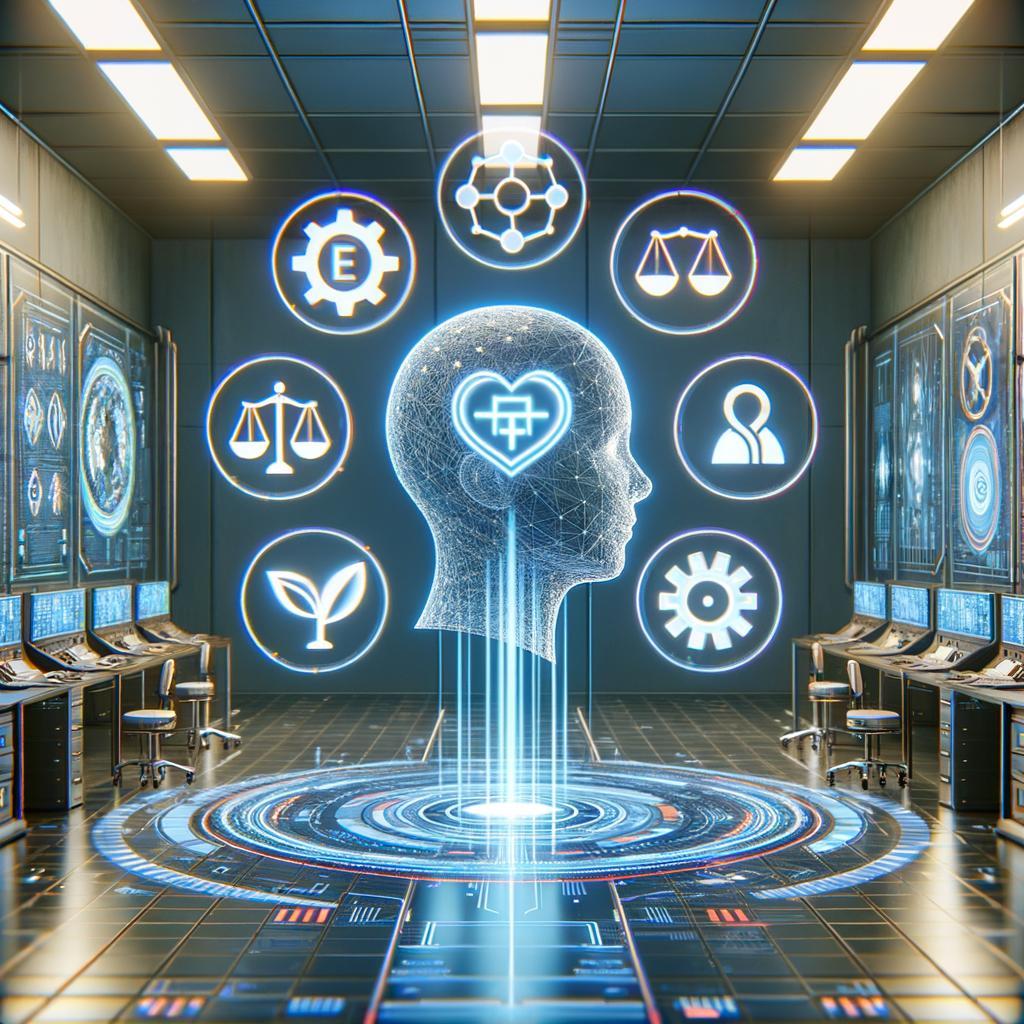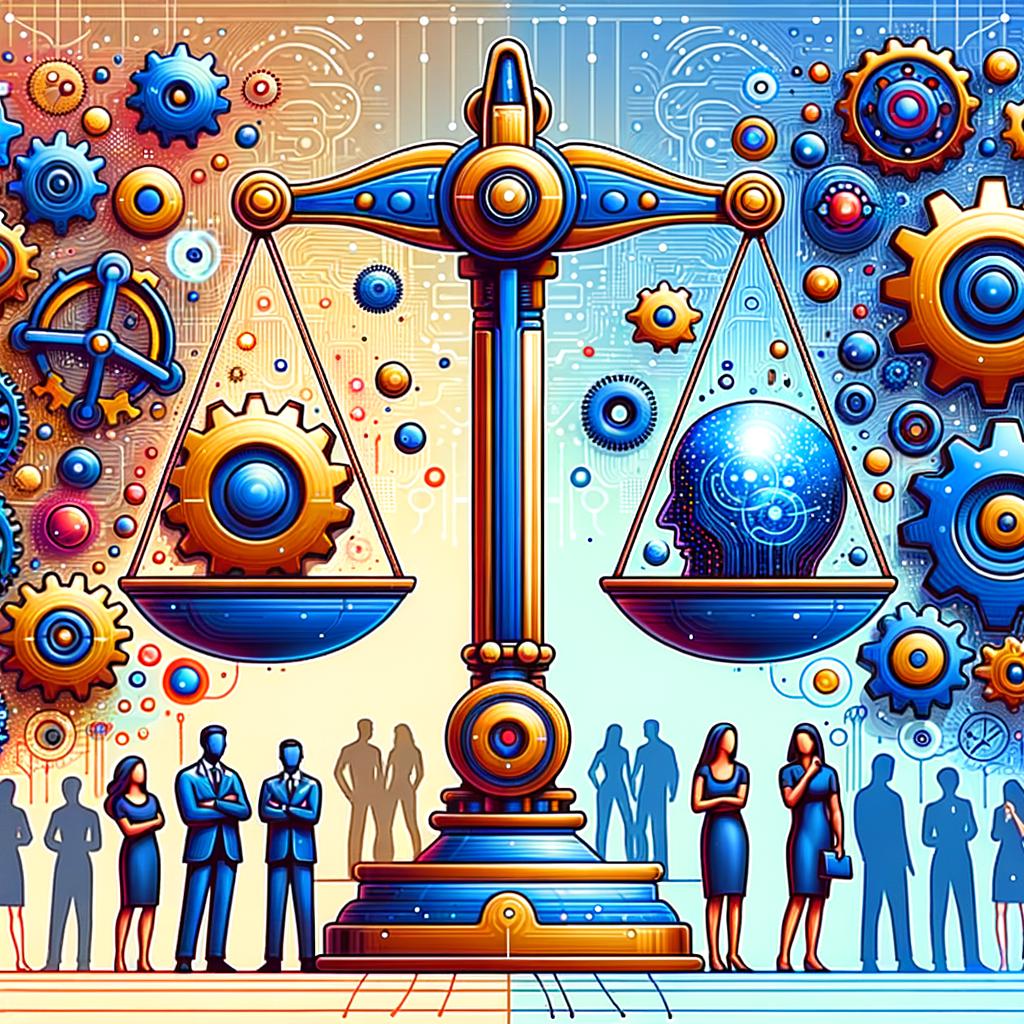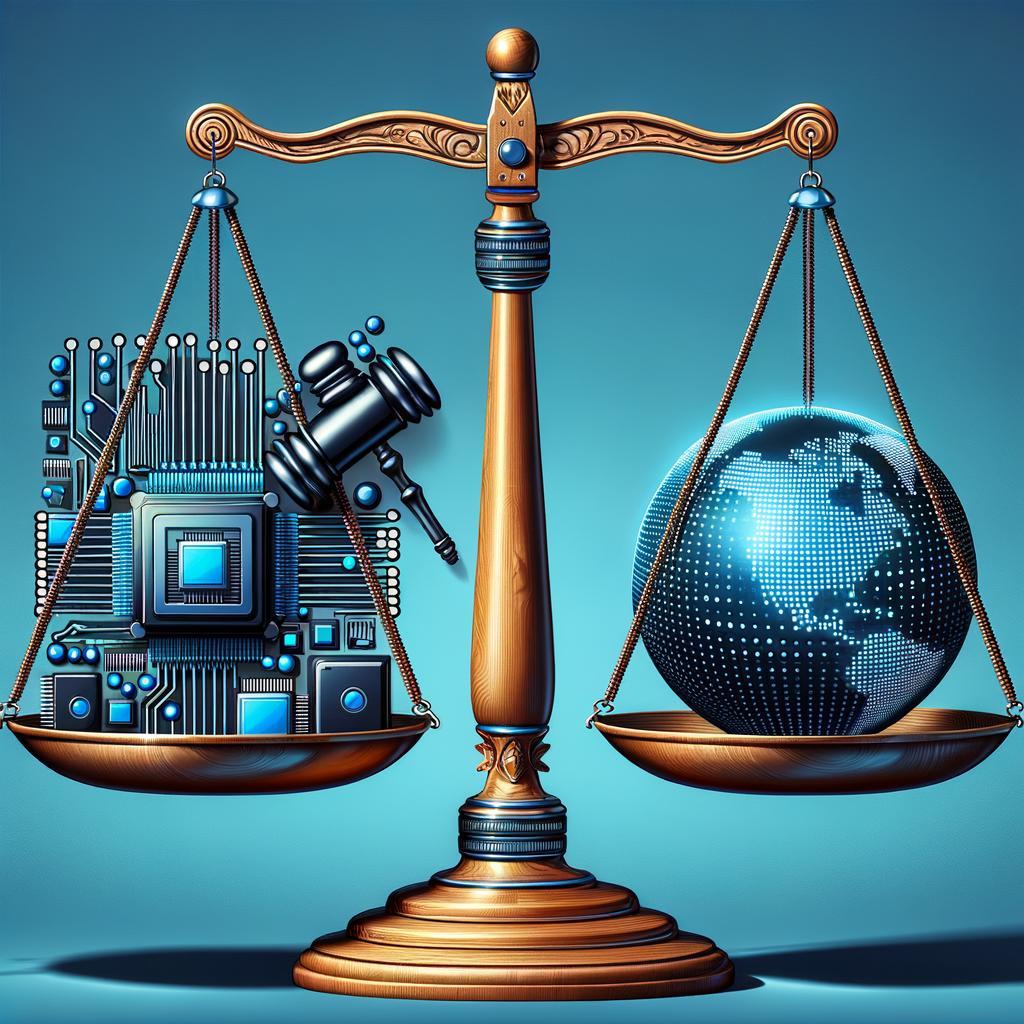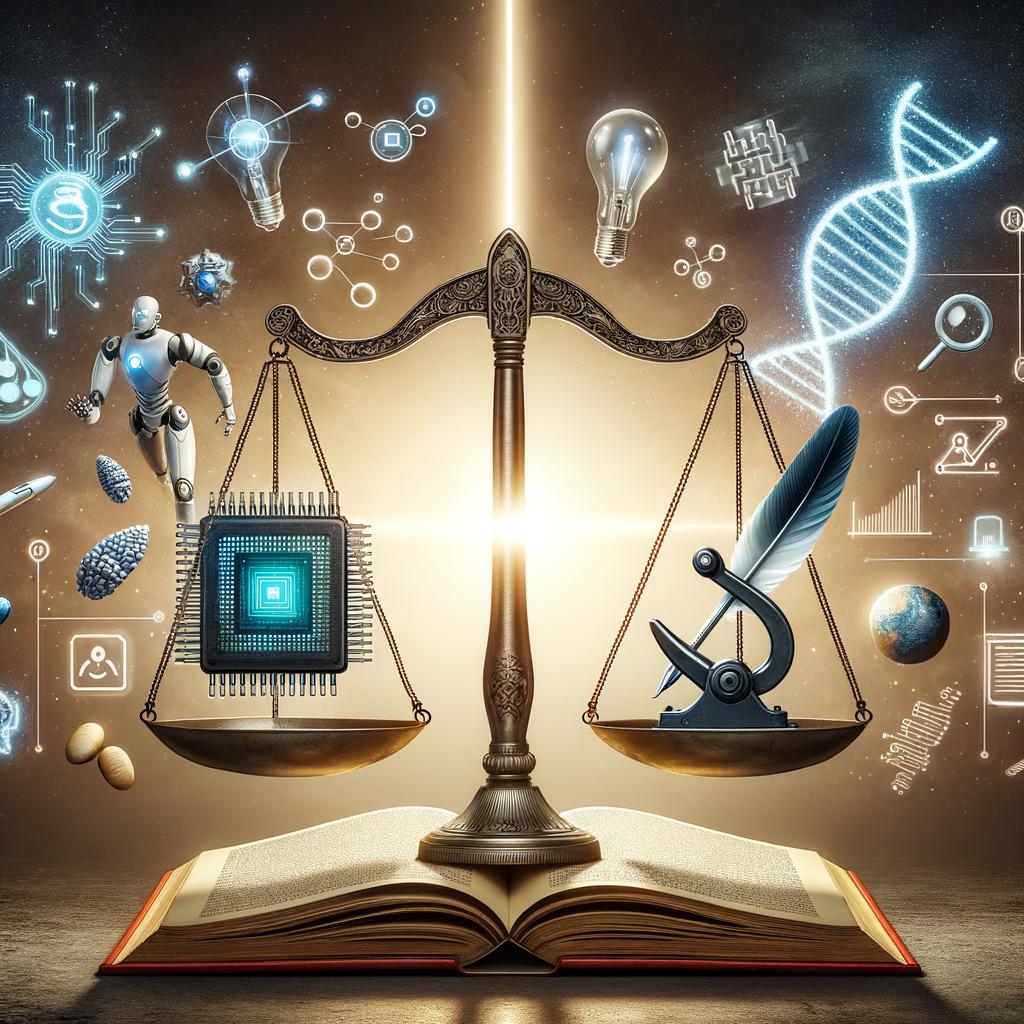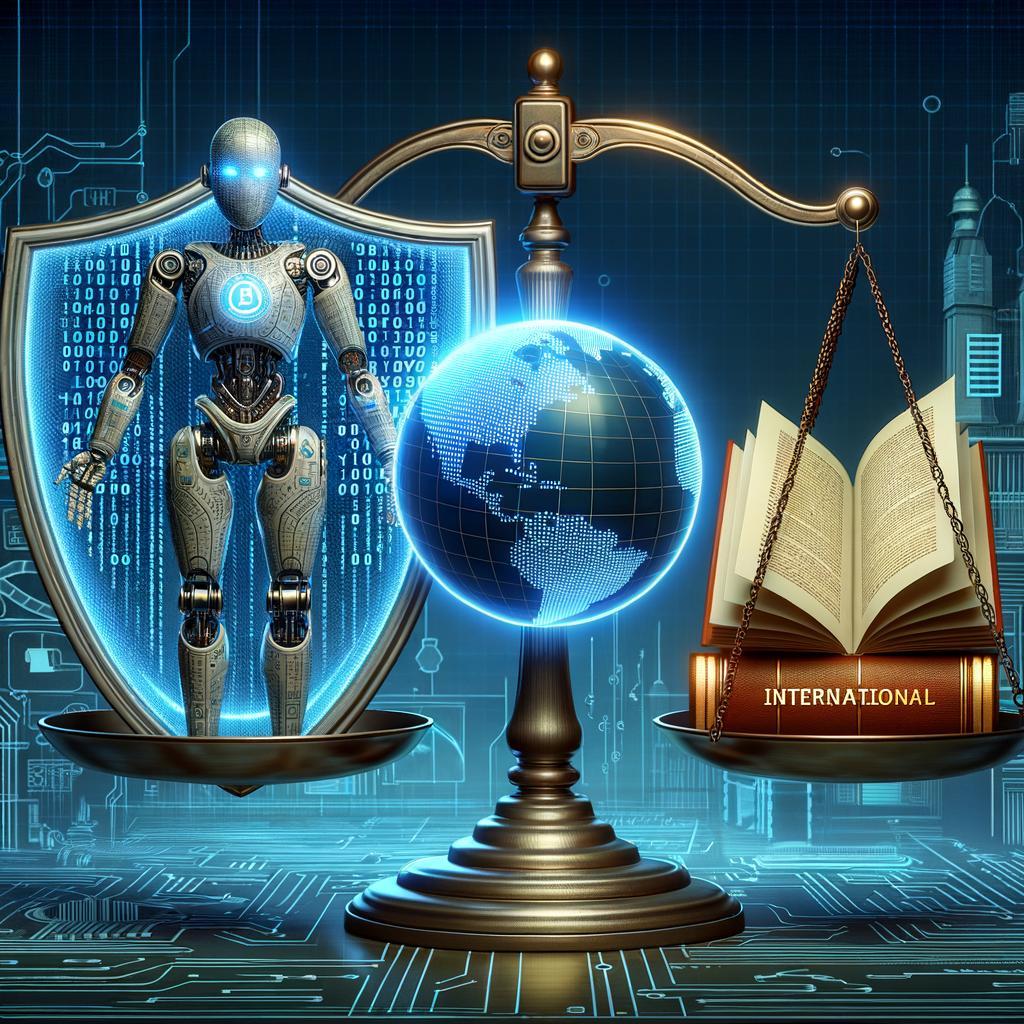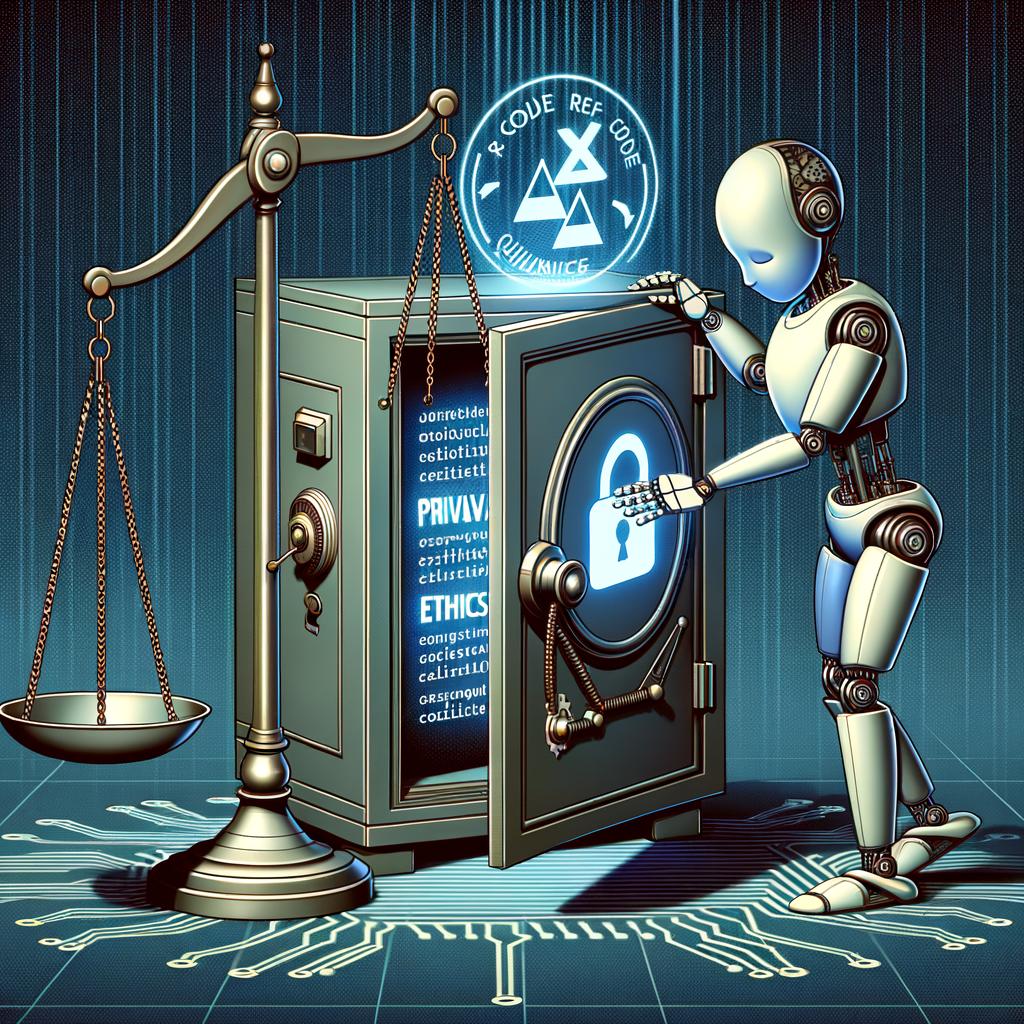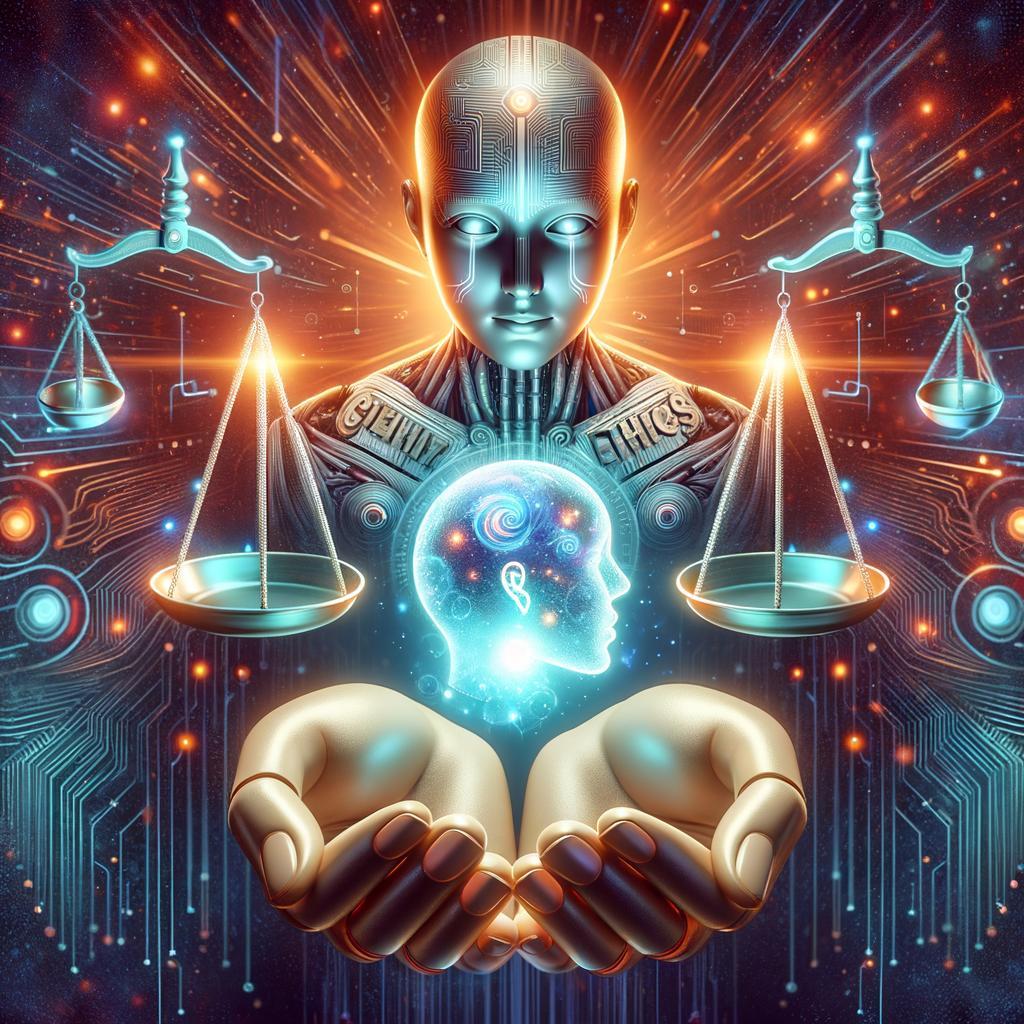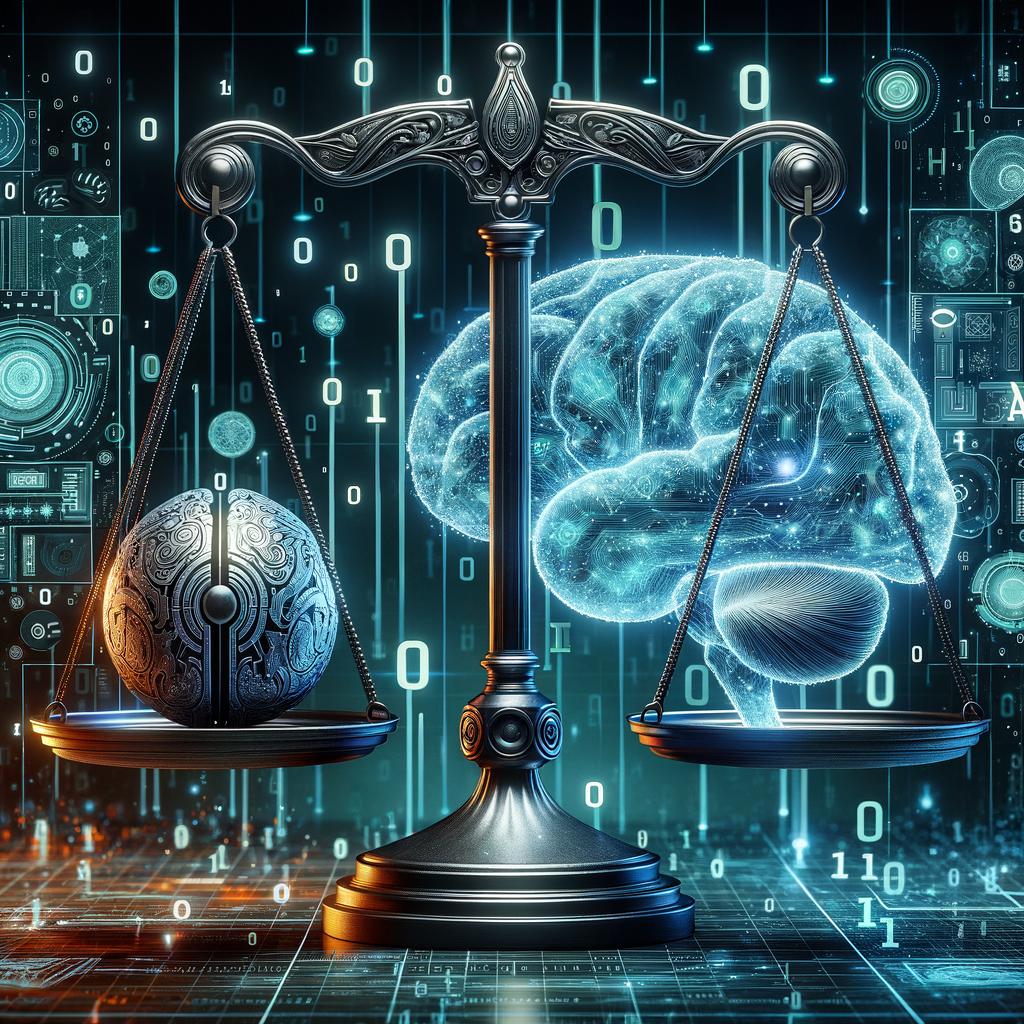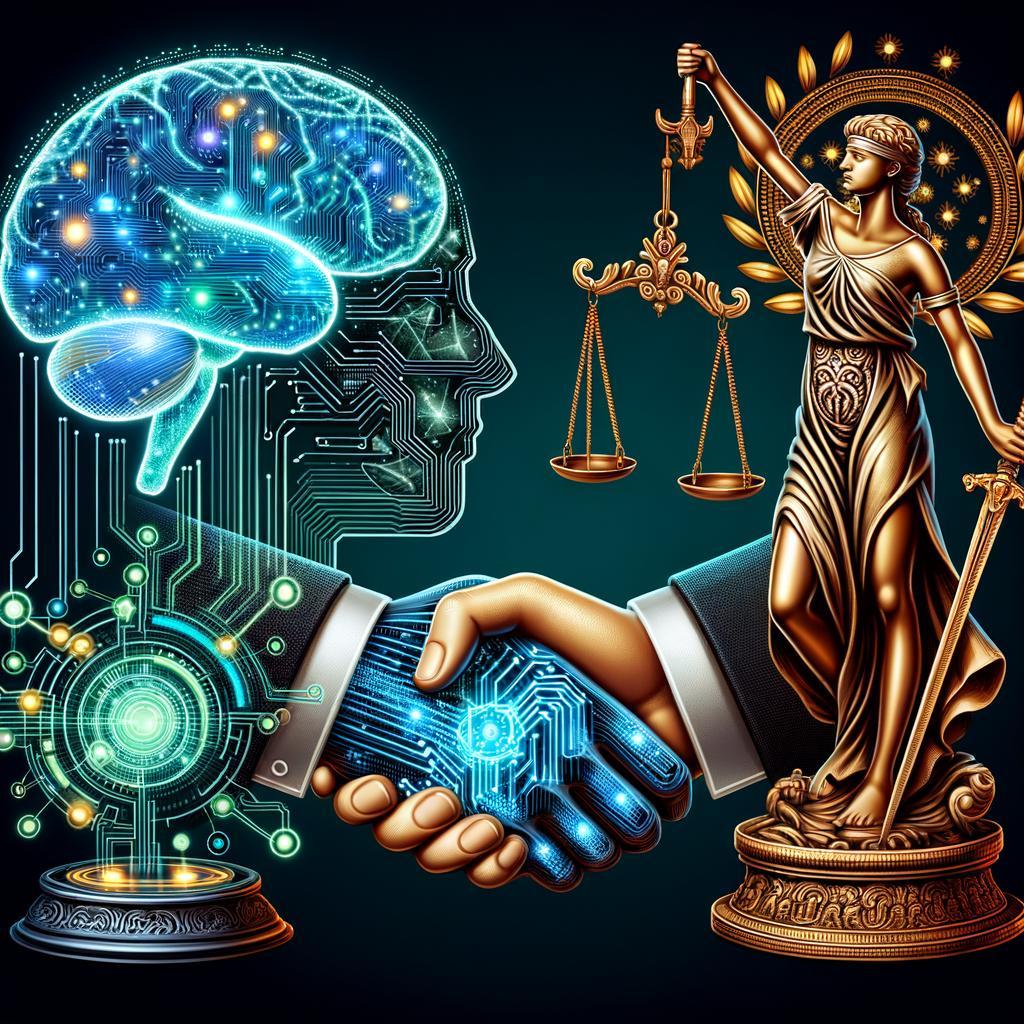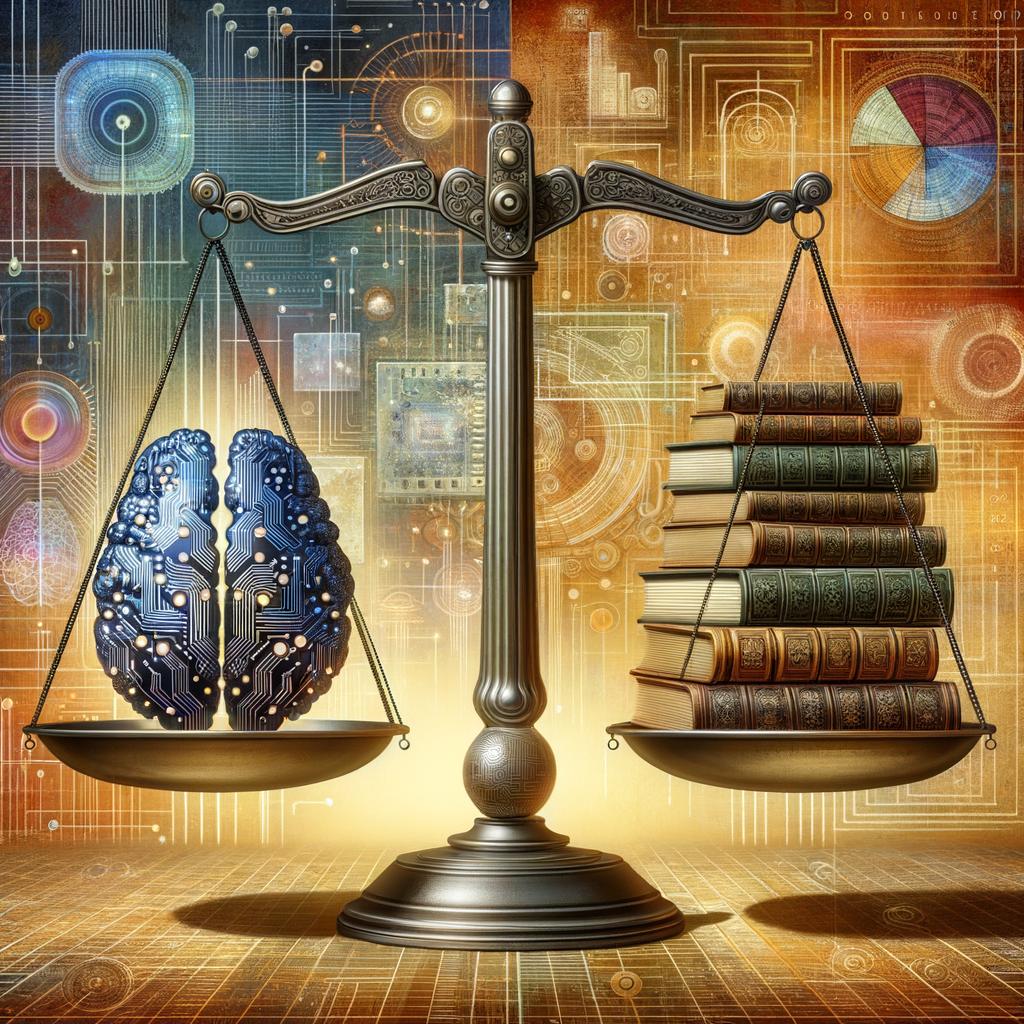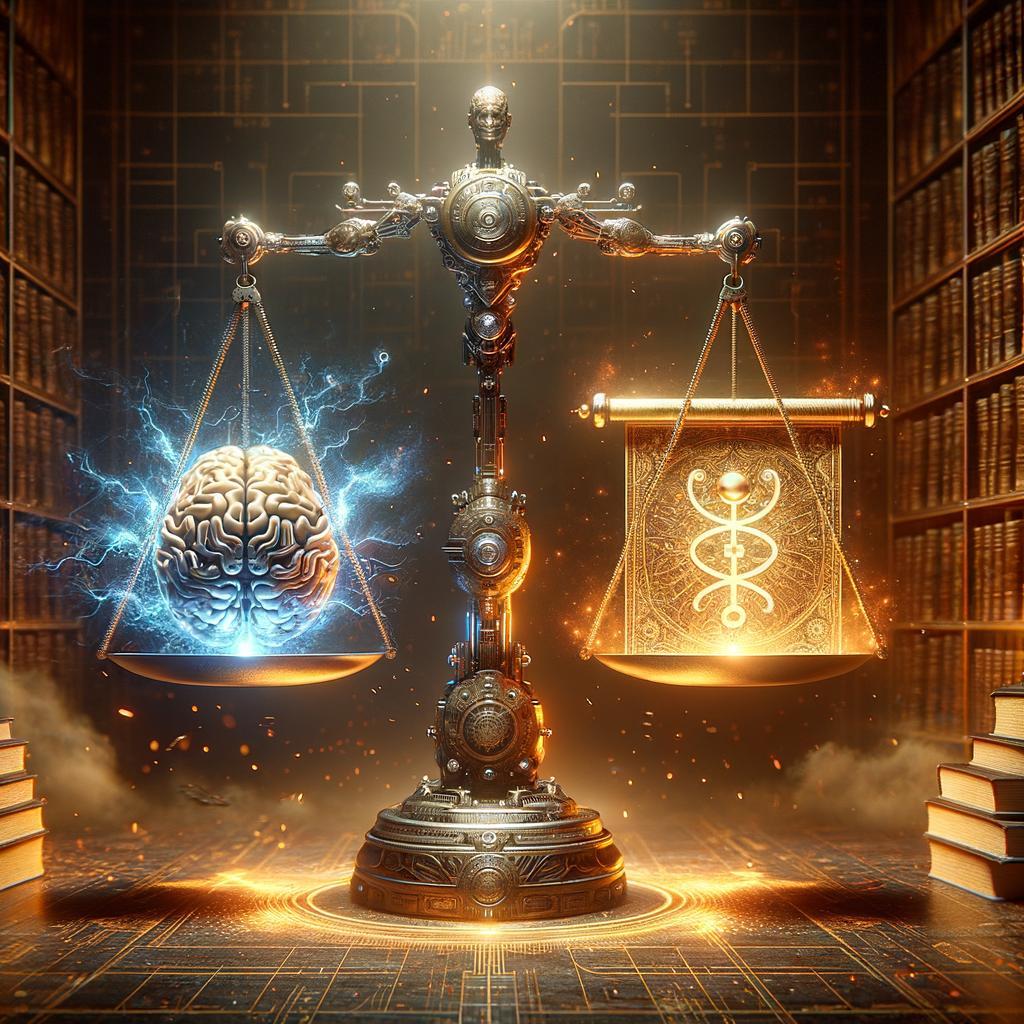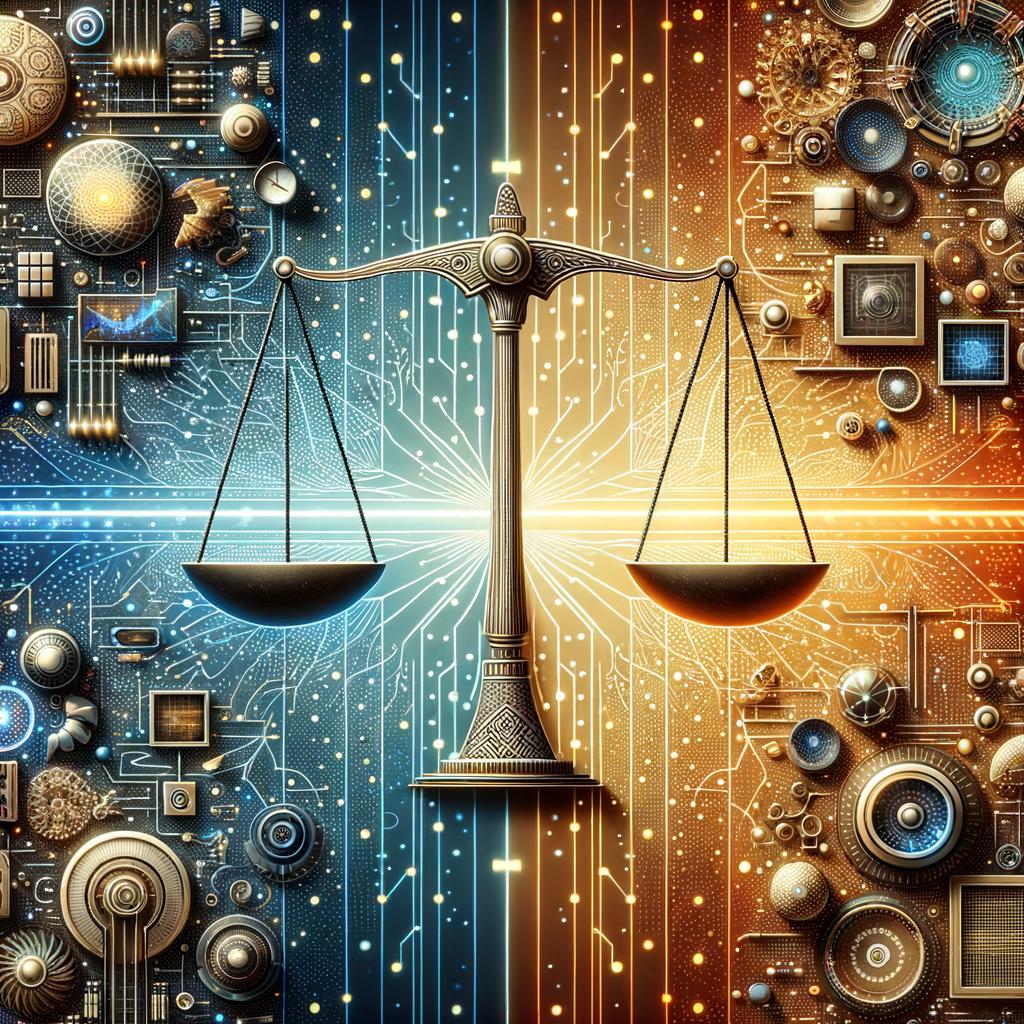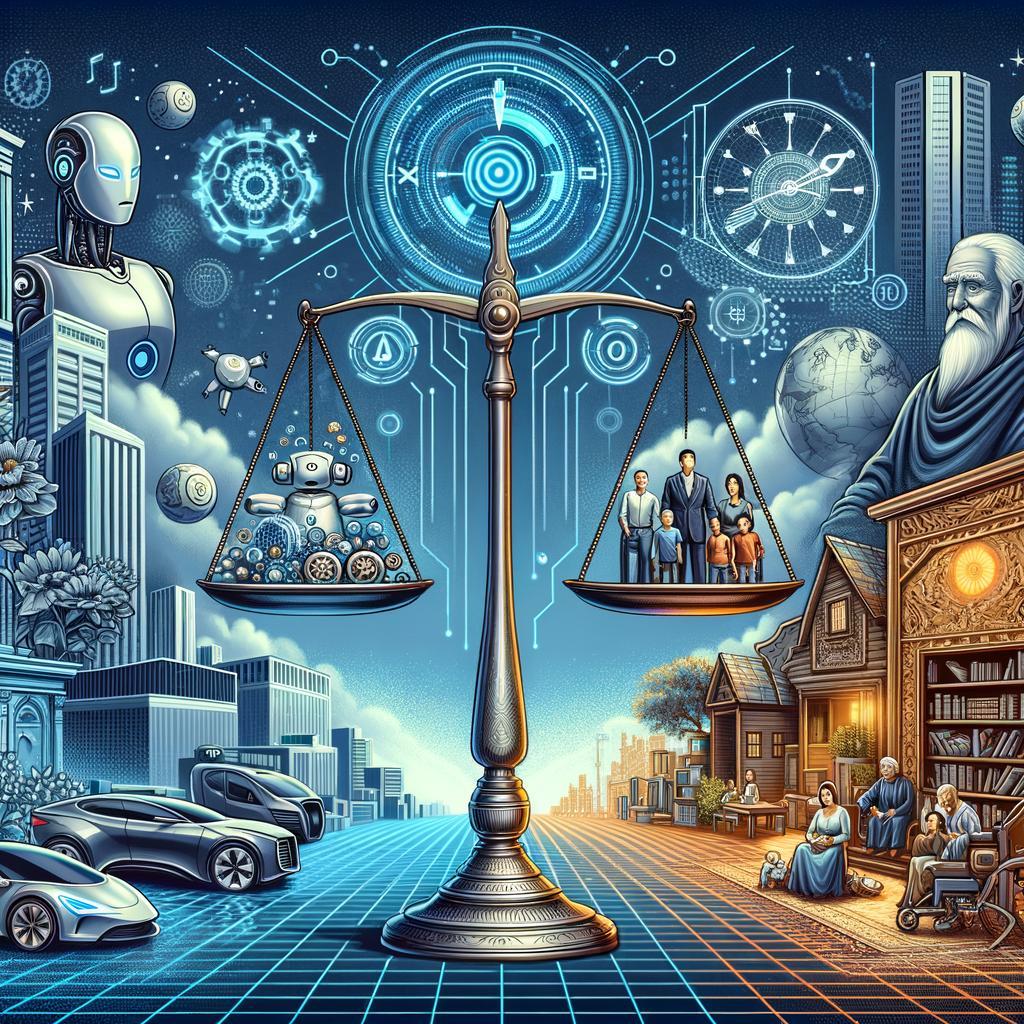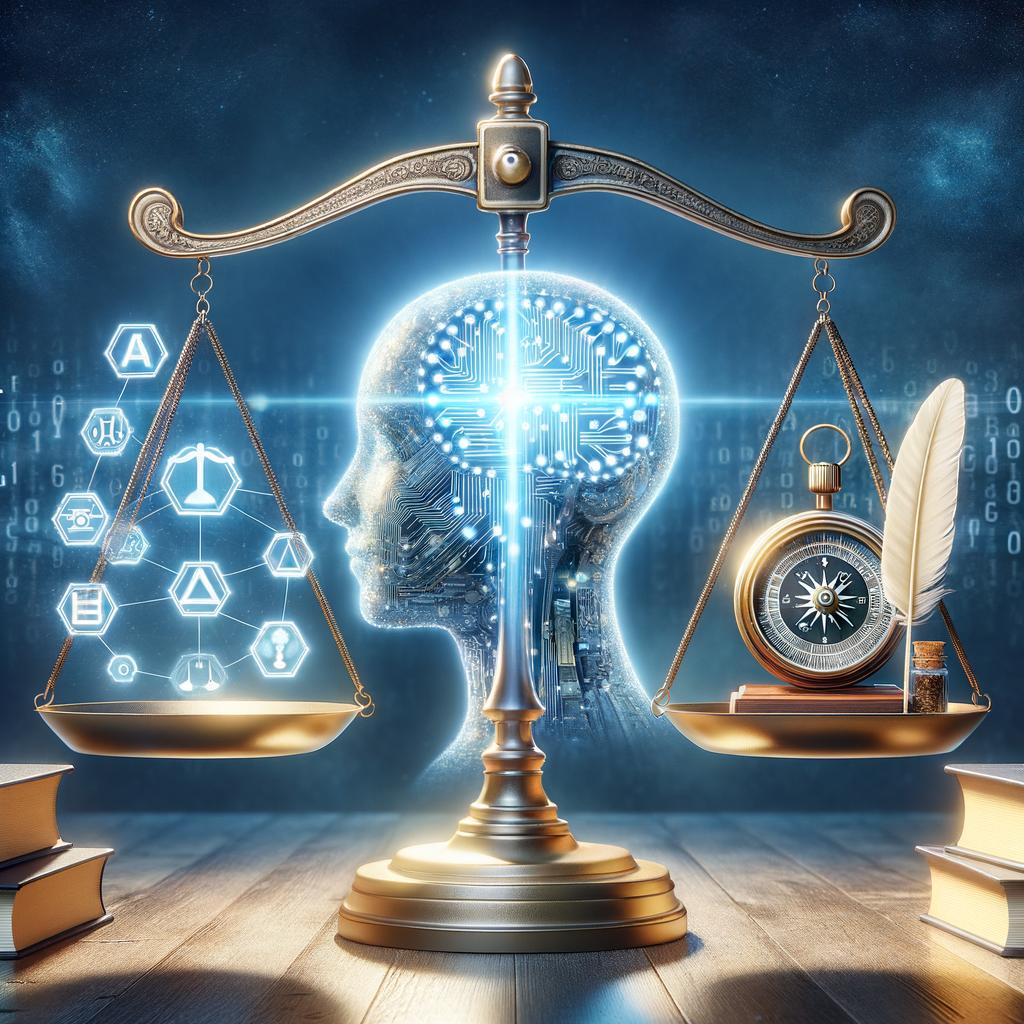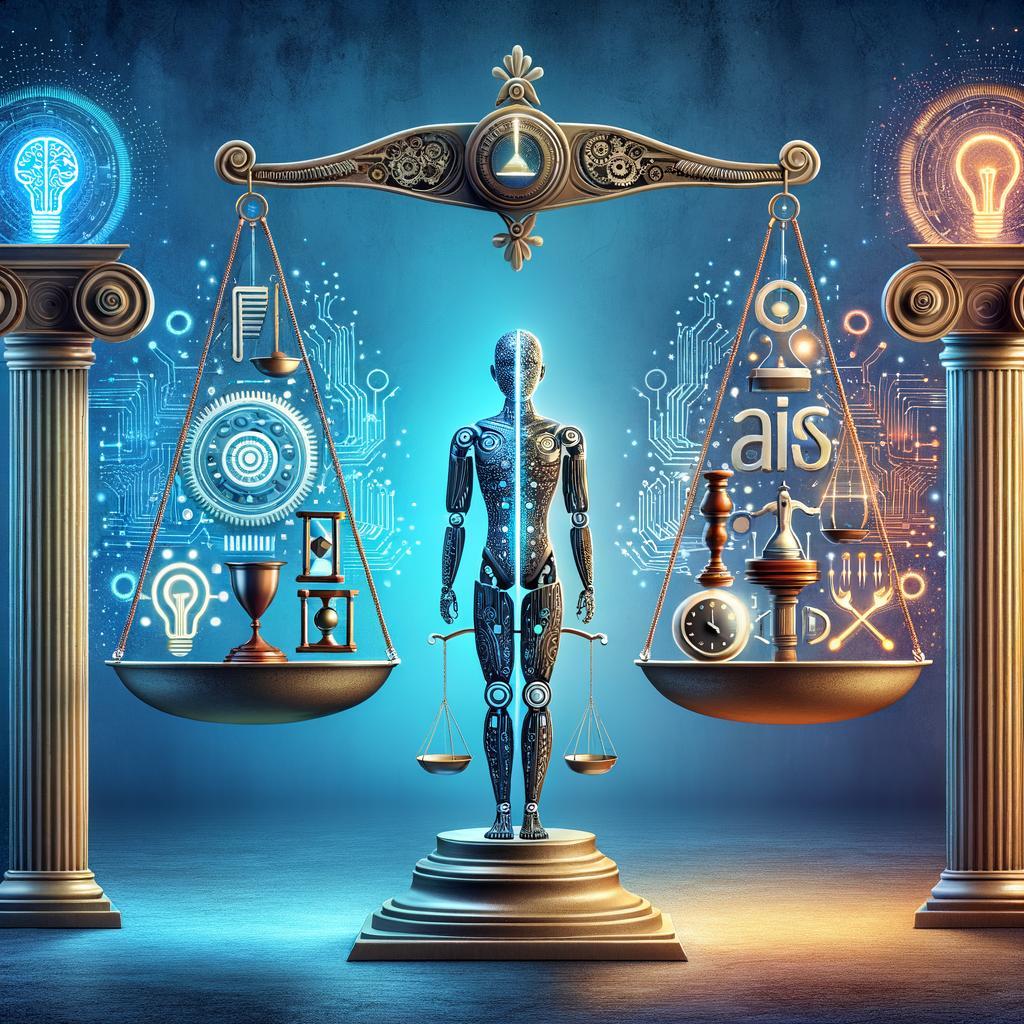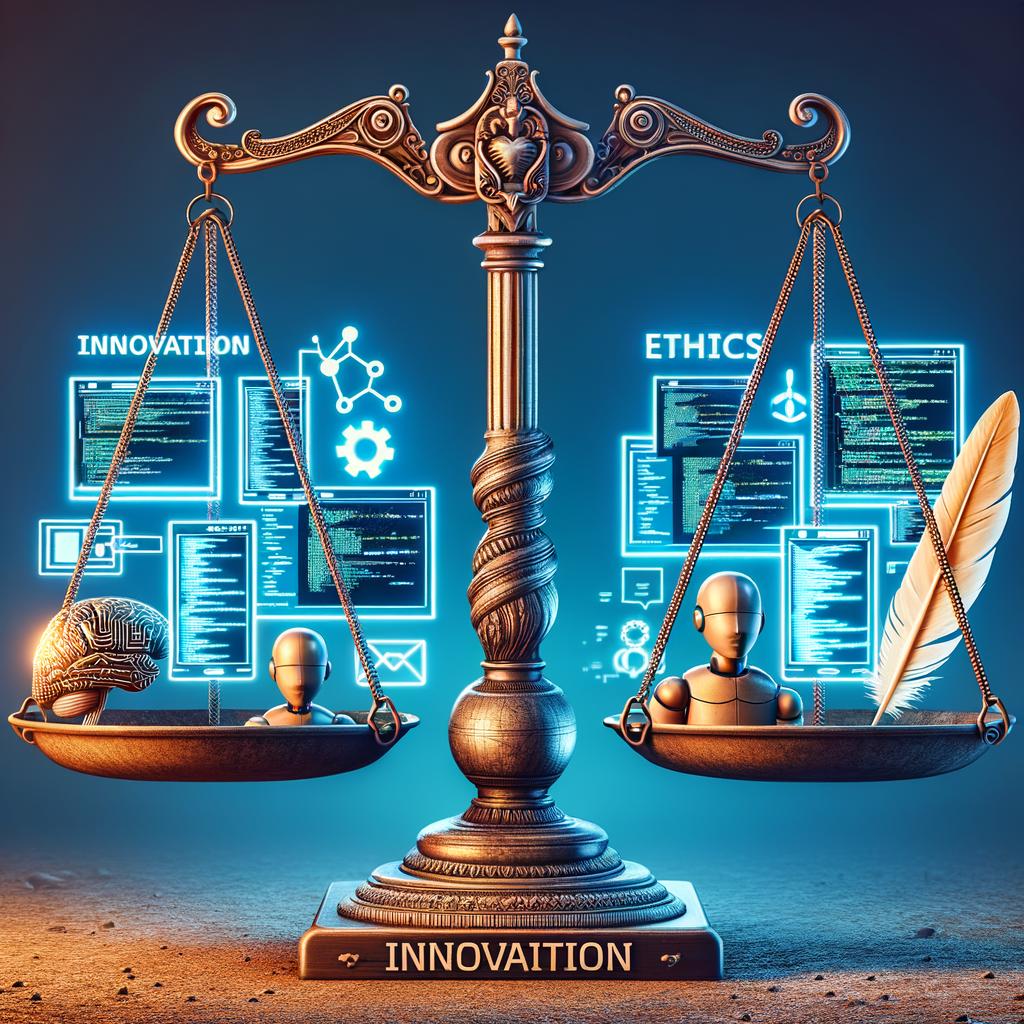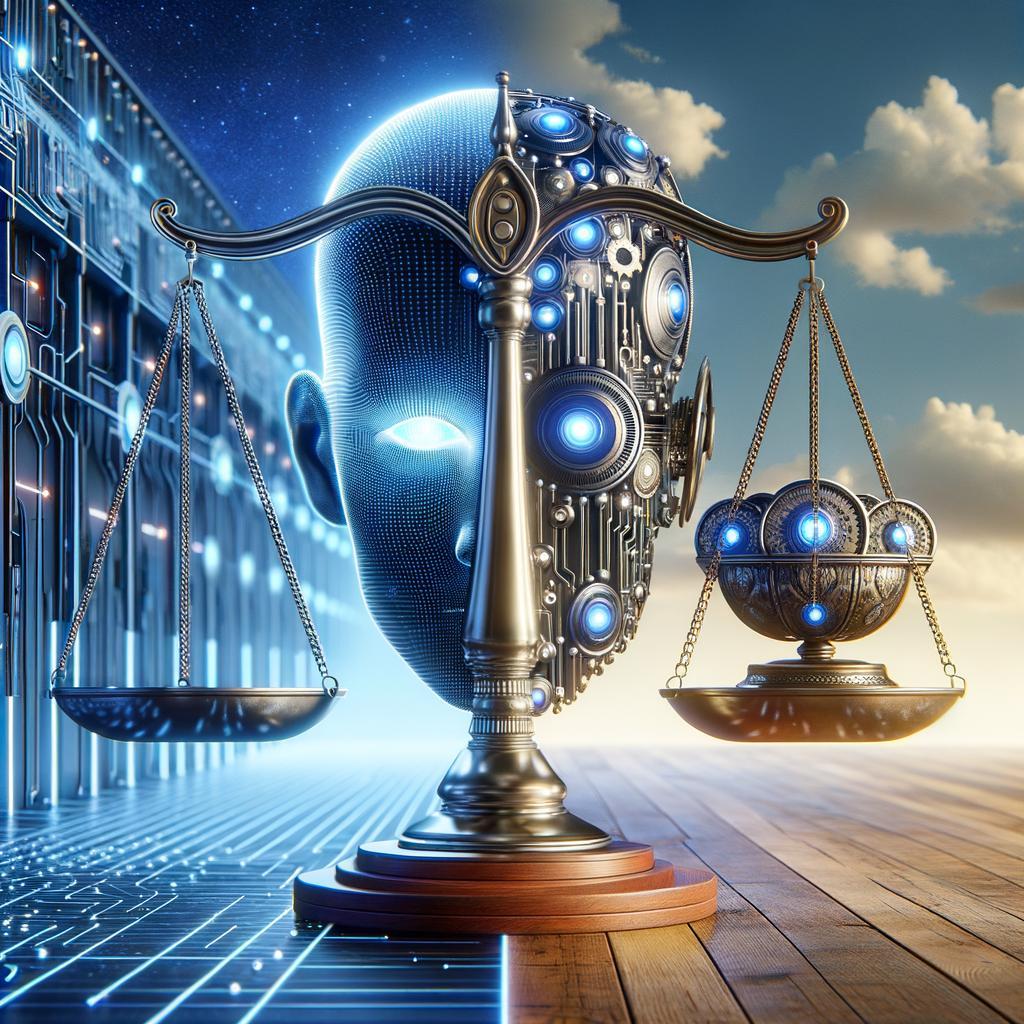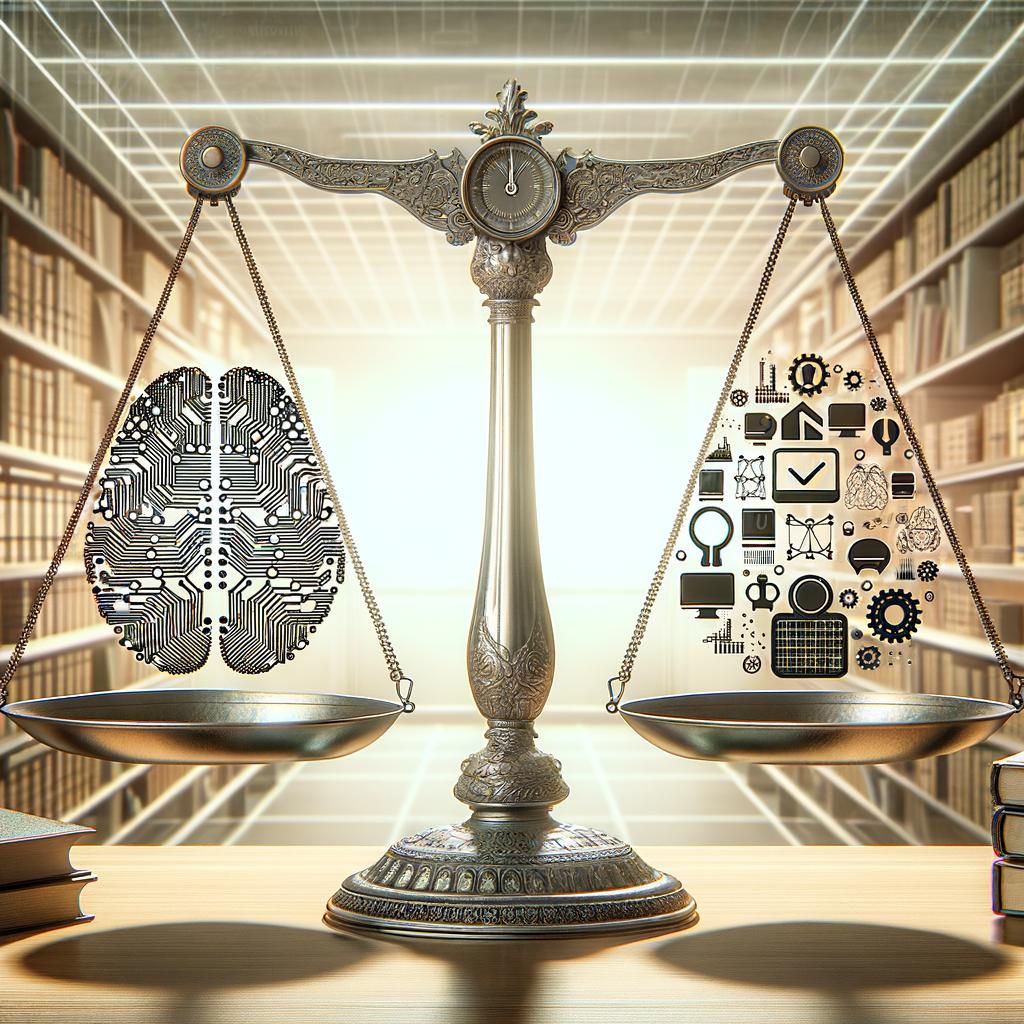In an increasingly digital world, the intersection of artificial intelligence (AI) and traditional scientific values has emerged as a critical focal point for researchers, educators, and policymakers alike. As AI technologies advance, they have the potential not only to revolutionize methodologies and enhance efficiency but also to serve as a vital tool in preserving the foundational principles that underpin scientific inquiry—integrity, transparency, and collaboration. This article explores how AI can actively uphold these traditional values, ensuring that the ethos of science remains intact even as new technological paradigms shift our approach to knowledge discovery. By harnessing AI’s capabilities to bolster ethical research practices, promote open access to information, and facilitate interdisciplinary collaboration, we can navigate the complexities of modern science while honoring the legacies that have shaped our understanding of the natural world. Join us as we delve into the promising synergy between AI and traditional scientific values, arguing for a future where innovation and integrity coexist harmoniously.
As scientific inquiry evolves in the face of rapid technological advancement, the stakes for upholding ethical standards have never been higher. AI presents a revolutionary tool in this regard, serving as a sentinel that can enhance integrity while honoring the cherished traditions of scientific research. With its capacity to analyze vast datasets and detect anomalies with unparalleled efficiency, AI assists in identifying instances of misconduct such as data fabrication or plagiarism, ensuring that the foundations of trust are upheld in academic discourse. Moreover, AI can be programmed to remind researchers of the fundamental values that underpin science, fostering a culture of responsibility that respects the rigorous methodologies and ethical considerations that have long been cornerstones of the scientific method.
Furthermore, the integration of AI in research practices invites an era of *transparency* and *accountability*. Tools powered by artificial intelligence can provide authentic insights into the peer review process, reducing biases that can impede fair evaluations. This not only aids in enhancing the quality of published works but also ensures that published outcomes remain reliable and reproducible—essential aspects of scientific tradition. Potential benefits include:
- Enhanced Peer Review: AI algorithms can categorize manuscripts by relevance and quality, thereby streamlining the review process.
- Fraud Detection: Algorithms can detect patterns of misconduct far more efficiently than traditional methods.
- Data Sharing Ethics: AI can help ensure that data sharing among researchers adheres to ethical guidelines, promoting cooperative rather than competitive research environments.
The Conclusion
the intersection of artificial intelligence and traditional values in science presents a unique opportunity to strengthen the integrity and reliability of research endeavors. By harnessing the analytical prowess of AI while adhering to foundational ethical principles, we can ensure that scientific advancements do not come at the expense of our core values. Embracing AI as a tool that enhances transparency, accountability, and collaboration will empower researchers to honor the legacy of ethical inquiry that has propelled science forward. As we continue to integrate these technologies into our methodologies, it is vital to remain vigilant, ensuring that the innovation we pursue does not stray from the moral compass that guides our quest for knowledge. Let us champion a future where AI serves as a guardian of scientific integrity, enriching our understanding of the world while steadfastly upholding the values that define our humanity. Together, we can forge a path where tradition and technology coexist, leading us to breakthroughs that are not only powerful but also principled.
